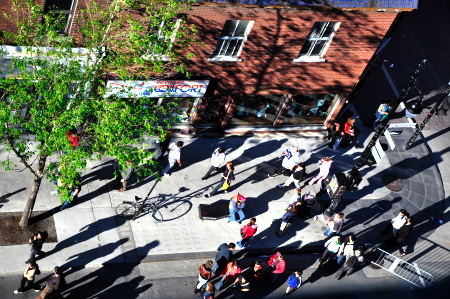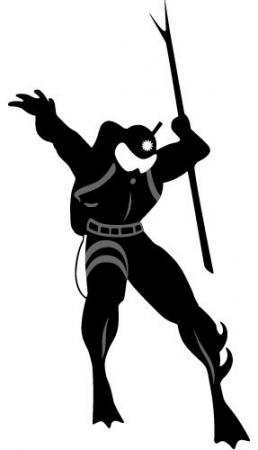It was Chubby Checker’s mission, bearing the Twist as good news, to teach the whites, whom history had taught to forget, how to shake their asses again. It is a skill they surely must once have possessed but which they abandoned for puritanical dreams of escaping the corruption of the flesh, by leaving the terrors of the Body to the blacks. (Eldridge Cleaver, Soul on Ice: 174)
The writings of Eldridge Cleaver distort something of Cleaver’s usual image as a prison writer, Black Panther and ex-militant who found religion (though he is all of these things as well), for they also offer a different path into thinking Afrofuturism. Check out the quote above, collected in the prison writings of Soul on Ice. Afrofuturism as a philosopheme, a kind of protoza concept, is at work here. In Cleaver, the transformational potential of embodied rhythm is seen as not only part of a political critique, but an entire theory of embodied, near-Gnostic metaphysics, in which blacks and whites are long-separated entities, each requiring the other to achieve balance and harmony.







 RT
RT 